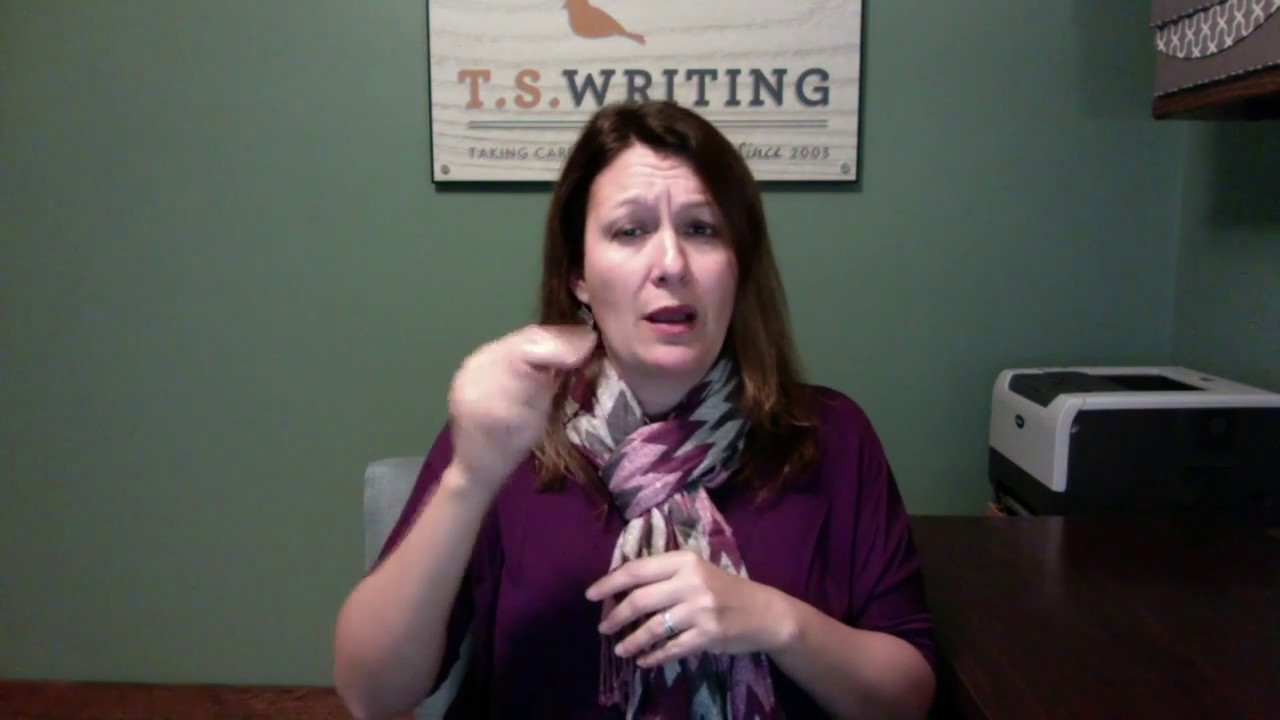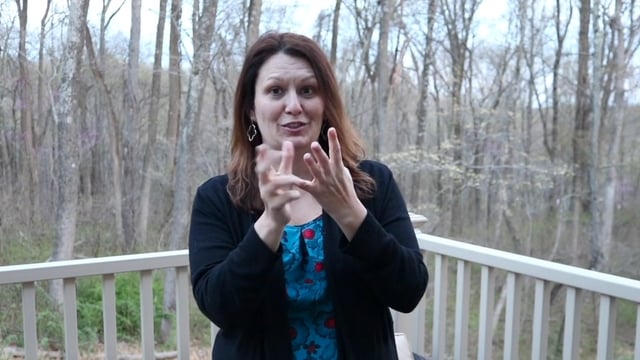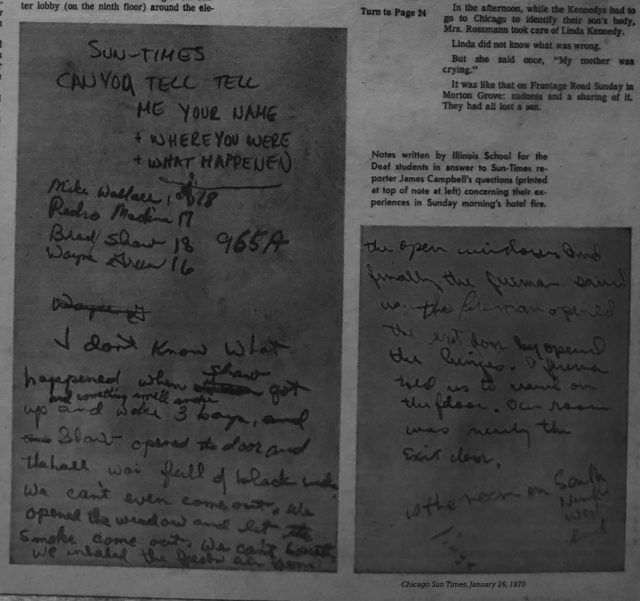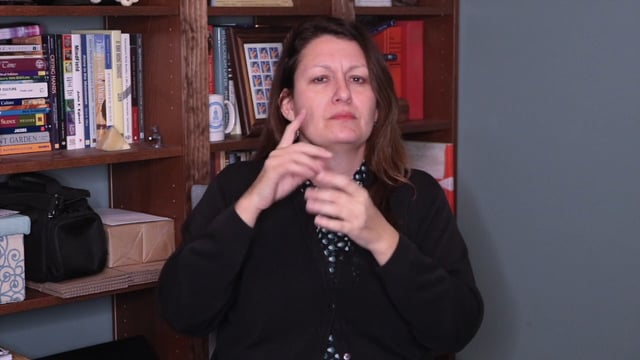This originally appeared at NAD’s Members-Only website area at www.nad.org.
Recently, I was preparing a press release for one of my clients who owns a deaf-run business. As the client and I were talking about where to send the press release, I suddenly had a startling realization.
There weren’t any deaf newspapers I could send the press release to.
I started ticking deaf publications off in my head. Silent News is apparently kaput. Newswaves – gone. Deaf USA is a trade publication now distributed by CSD. DeafNation quickly folded – temporarily, it said – in April 2000, and they show no sign of returning anytime soon. DeafCanadaToday closed down some time ago. The rest are either newsletters or organizational publications (i.e., NADmag), or feature magazines (i.e. Hearing Health – which, incidentally, has been sold to Deafness Research Foundation).
Deaf people suddenly have very sparse resources for them to share news, opinions and information within the deaf community. Where can we find in-depth coverage of sports? What about deaf events? Where will we find profiles of not only prominent deaf leaders, but of also ordinary deaf people?
The past five years haven’t been too kind to newspapers within the deaf community. What is happening? Why are they all disappearing?
I say it’s because of The Big Three affecting any publication in the mainstream, and especially affecting deaf-oriented publications: Money, mismanagement, and the Internet.
It’s all about $Moola$
Money is probably the biggest factor. Ever since I left Silent News in late January of 2002, I’ve been asked the same question by practically every person who asks me about the decline of newspapers in the deaf community: “Why don’t you set up your own newspaper?”
My response is always the same: “You got the money for me?” I haven’t gotten a “yes” yet.
People don’t quite realize how expensive it is to run a monthly, even quarterly, publication. For one thing, printing costs have skyrocketed – not only for small community newspapers like Silent News, but for major publications and university materials, too.
And then there’s overhead costs… staffing costs… and the costs of the lifeblood of any publication: the photographers, illustrators and writers. Usually advertising and subscriber rates cover these costs, but declining subscription numbers – a problem for almost all publications today – and struggles with getting advertisers to pay up or place ads have not helped.
Advertising is a Catch-22 situation: Companies or people like to advertise, but don’t always want to pay for it, so they often resort to advertising via e-mail or via websites. Using e-mail or websites is a much cheaper, sometimes free, method than paying for printed advertisements. This, obviously, hurts publications that rely upon advertisement income. Another frustration is when companies try to negotiate a barter ad, where they get free ad space in exchange for listing the publication’s name as a sponsor. The publication makes absolutely no money this way, and the free publicity usually isn’t very beneficial.
I’ve also had many people say, “Well, how expensive could it be to start up a newspaper? I’d be willing to do work for free, and I know many others would, too.” Sure, of course – but for how long? I actually started writing for a deaf newspaper for free many years ago – but it seemed unfair when the newspaper started making money off my work and didn’t pay me.
Keep in mind that many of these start-up businesses – much like the dot.com craze – flop after a few years. The Small Business Administration says the majority of small businesses fail eventually, and 50% of them fail within the first year. Why should start-up businesses within the deaf community be any different?
I’ve seen the same delusions of grandeur with many other individuals, mostly inexperienced, who want to start their own business within the deaf community.
Mind you, I’m all for dreams and visions. But I’m also interested in solid, actual business plans and numbers. We’ve seen publication after publication close down because of money. You gotta have money to make money, and you gotta know how to handle money.
This brings me to the second reason: mismanagement.
“I’m The Boss, That’s Why!”
The key to any successful organization is its leader. With a bad leader, you’re going to have chaos waiting to erupt. I can safely say that many of the leaders at the newspapers I worked at had minimal business experience, and a lack of understanding about how important the writers were. The successful publishers and editors are the ones who believe that reliable writers are the heart and soul of their publication.
In my 16 years of working for publications within the deaf community, I’ve seen one constant: a lack of appreciation for writers and contributors. Writers are often expected to write for free – something that would rarely happen with mainstream publications. I once was approached by an online publication that asked me to become the editor for little pay. I immediately asked, “How will you pay the writers?” Their response was, “I don’t understand. Why would the writers be paid at first? They should prove their work to us before we pay them.”
I quickly declined their offer.
Publishers must understand that even if operations and staffing costs are running them into the ground – which wouldn’t ideally happen if they were well-prepared and well-budgeted – they must get rid of their expectations that people will write for free. With no writers, they have no stories. With no stories, they have no subscribers. It’s really quite that simple.
Websites and the Dreaded Forward Syndrome
The third reason is the Internet – which is both a blessing and a curse for the publication world. The Internet is wonderful for finding information and contacting people. USA-L was a valuable tool I utilized more often than not when I was editor over at Silent News. Yet, at the same time, publications have been stunted by the immediate nature of news appearing on websites – especially deaf newspapers.
When the Gallaudet murders happened, the whole world knew about it within 24 hours. When, a month later, Silent News published an in-depth story, the murders were pretty much old news. Yet, for many other stories (like the Errol Shaw shooting in Detroit), we were able to provide in-depth information that weren’t available on many of the sites, thanks to exclusive interviews and information gathering.
Publications have addressed this by providing an online version of their printed newspaper or magazine – but what if you’re a small deaf newspaper with limited funds? Then you’re probably going to be affected by the Internet.
There are also so many websites that try to be a site for “deaf news,” when in reality they’re a compilation of all the news articles about deaf and hard of hearing people that appear in the world’s newspapers and magazines. Search engines and newsgroups easily do this. Where are the original, in-depth stories, written by deaf people and published by deaf people?
Let’s also not forget the annoying Forwarding Syndrome within the deaf community. Anyone can type up an e-mail containing jokes or actual news, and forward it to someone, who will then pass this along to about twenty other people, and these twenty people forward it to forty others.
With this Forwarding Syndrome in place, who needs newspapers anymore?
Subscribers Are the Backbone
One thing bothered me when I was deluged with e-mail after word of yet another deaf newspaper’s demise got out: Why didn’t these subscribers take matters into their own hands, rather than complaining about losing their respect for deaf publications? Why didn’t they demand an answer from the publisher of the newspaper, rather than leaving the paper’s fate to rumors of a buyout? At least three of the now-defunct deaf newspapers did not even have the respect to at least send out a letter of explanation to their subscribers and advertisers or post a message on their websites. If I were a subscriber or advertiser treated this way, I’d be hopping mad and trying to find out answers, fast.
The subscribers could’ve easily filed a class lawsuit to get their money back, filed reports with the Better Business Bureau or filed complaints with the state’s consumer affairs division. Why didn’t they? I’m not sure. Perhaps they expected someone else to take care of matters; perhaps they simply didn’t know their rights as consumers; or they just didn’t think the subscription fee was worth the trouble.
So what do we do? Do we set up yet another newspaper? Hope that some benevolent corporation will save the newspaper? Resort to reading these canned-news websites that cannot offer experienced and qualified editors? Put faith in one of the many new magazines popping up?
Quite frankly, I don’t know.
All I know is that I used to have three deaf-oriented newspapers coming to my house each month. Today, I don’t have even one to look forward to anymore.
Copyrighted material. This article can not be copied, reproduced, or redistributed without the express written consent of the author.




